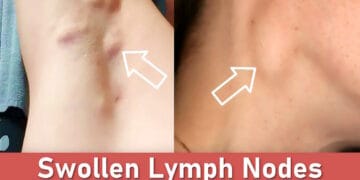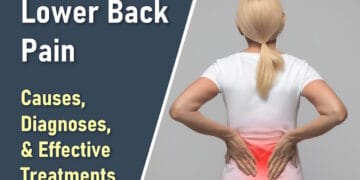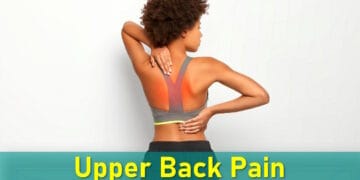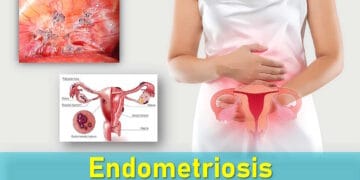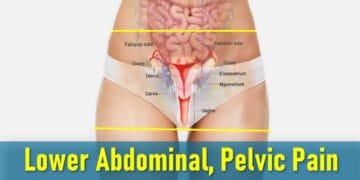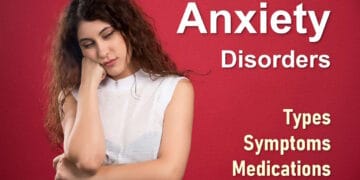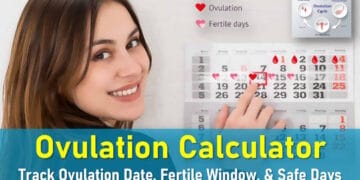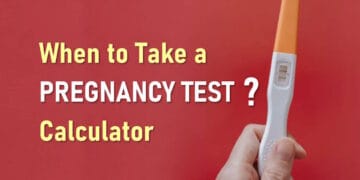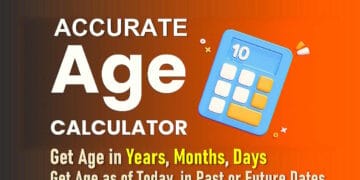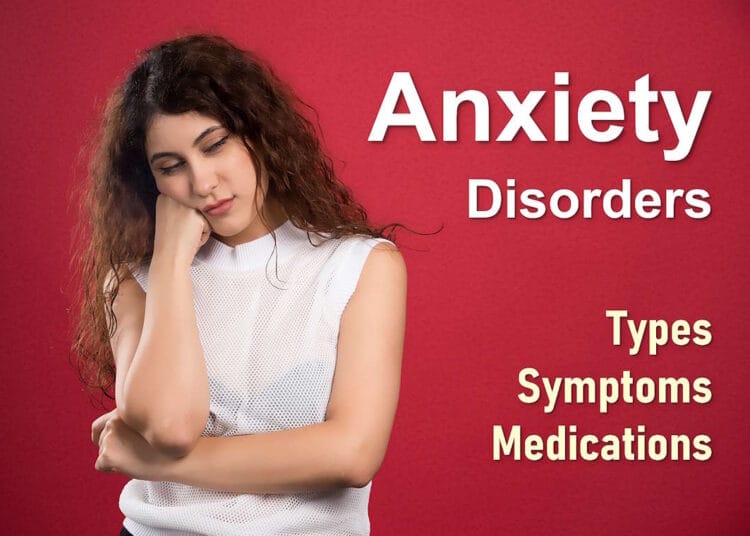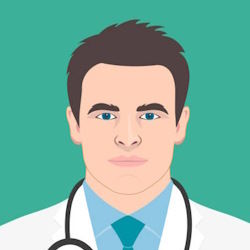Most people experience anxiety at some point in their lives. While occasional worry is normal, anxiety becomes a concern when it disrupts daily activities. It can be a symptom of various anxiety disorders, many of which are treatable through therapy, medication, or a combination of both.
What Is Anxiety?
Anxiety is the body’s natural response to fear or perceived danger. However, it becomes problematic when excessive worry arises over relatively harmless situations. When anxiety feels overwhelming, it can interfere with work, relationships, and overall well-being.
People with anxiety often experience fear, tension, and a range of mental or physical symptoms. Recognizing these signs is the first step toward managing them effectively.
Common Anxiety Symptoms
Anxiety affects both the mind and body. Symptoms can vary from person to person but generally fall into three categories: physical, mental, and behavioral.
Physical Symptoms of Anxiety
- Rapid heartbeat (palpitations)
- Nausea or upset stomach
- Trembling or shaking
- Excessive sweating
- Dry mouth
- Chest tightness or discomfort
- Headaches
- Fast, shallow breathing
- Dizziness or lightheadedness
These symptoms occur because the brain sends stress signals throughout the body, releasing hormones like adrenaline. This triggers the “fight or flight” response, leading to physical reactions such as a racing heart or sweaty palms.
Mental Symptoms of Anxiety
- Persistent fatigue
- Restlessness or irritability
- Trouble concentrating or making decisions
- Sleep disturbances (insomnia or restless sleep)
- Excessive worrying about the future or dwelling on the past
Behavioral Symptoms of Anxiety
- Social withdrawal or avoiding friends and gatherings
- Selective mutism (in children, difficulty speaking in certain settings despite being verbal at home)
- Compulsive behaviors, such as excessive handwashing due to germ fears
- Agoraphobia (fear of leaving home due to anxiety about potential dangers)
- Unhealthy coping mechanisms, like alcohol or substance misuse, which may worsen anxiety over time
What Causes Anxiety?
Anxiety can stem from multiple factors, including:
- Genetics: Some people are predisposed to anxiety due to family history or chemical imbalances in the brain.
- Past trauma: Difficult childhood or adult experiences can trigger long-term anxiety.
- Current stressors: Major life changes, work pressure, or traumatic events can heighten anxiety.
- Medications or substances: Certain prescription drugs, recreational substances, or alcohol can induce or worsen anxiety.
- Medical conditions: Disorders like hyperthyroidism may cause anxiety as a symptom.
Is Anxiety Normal?
Anxiety is a natural reaction to stress and can even be helpful in dangerous situations—like evading a threat or preparing for a big event. The adrenaline rush sharpens focus and prepares the body to act.
However, anxiety becomes a mental health concern when:
- It’s disproportionate to the situation.
- It lingers long after a stressful event has passed.
- It arises without an obvious trigger.
If anxiety feels unmanageable, seeking professional help—such as therapy or anxiety medication—can make a significant difference. Treatments like cognitive-behavioral therapy (CBT), propranolol for anxiety, or hydroxyzine for anxiety are commonly prescribed based on individual needs.
Risk Factors for Anxiety
While anyone can experience anxiety, certain factors increase the likelihood of developing chronic anxiety or an anxiety disorder:
- Gender: Women are diagnosed with anxiety disorders more frequently than men.
- Family history: A genetic predisposition to anxiety, depression, or other mental health conditions.
- Childhood adversity: Abuse, neglect, bullying, or growing up with a parent who had untreated mental health issues.
- Life stressors: Sudden loss (bereavement), divorce, unemployment, or financial instability.
- Substance use: Dependence on alcohol, drugs, or exposure to toxins like organic solvents.
- Chronic illness: Conditions such as heart disease, diabetes, arthritis, or respiratory disorders.
What Are Anxiety Disorders?
Anxiety becomes a disorder when symptoms disrupt daily functioning—or when fear of experiencing those symptoms itself becomes debilitating. Approximately 1 in 20 people live with an anxiety disorder at any given time. These disorders often overlap, with many people experiencing multiple types simultaneously.
Common Types of Anxiety Disorders
- Generalized anxiety disorder (GAD): Persistent, excessive worry about everyday situations.
- Social anxiety: Intense fear of social interactions or being judged by others.
- Panic disorder: Recurring panic attacks with physical symptoms like chest pain or dizziness.
- Phobias: Irrational fears (e.g., agoraphobia, fear of heights or animals).
- Obsessive-compulsive disorder (OCD): Unwanted thoughts (obsessions) leading to repetitive behaviors (compulsions).
- Post-traumatic stress disorder (PTSD): Anxiety triggered by past trauma, often with flashbacks or nightmares.
Adjustment Reaction: A Temporary Form of Anxiety
Similar to acute stress, an adjustment reaction develops after major life changes (e.g., divorce, relocation). Symptoms—which may include anxiety, depression, or insomnia—typically fade within weeks as the person adapts.
Non-Medication Treatments for Anxiety
While medication can be effective for managing anxiety, many people find relief through non-drug approaches. These methods focus on understanding anxiety, developing coping skills, and making lifestyle changes to reduce symptoms.
Understanding Your Anxiety
Simply recognizing that your physical symptoms – like a racing heart or dizziness – are caused by anxiety rather than a serious medical condition can be incredibly helpful. Many people mistakenly believe their anxiety symptoms indicate a heart problem or other illness, which actually worsens their anxiety. While understanding alone won’t cure anxiety, it’s an important first step in managing it.
Talking through your concerns with a trusted friend, family member, or mental health professional can provide relief and perspective. This open dialogue helps normalize your experience and reduces feelings of isolation.
Counseling for Anxiety
Professional counseling can be particularly beneficial for certain anxiety disorders:
- For generalized anxiety disorder, counseling that focuses on problem-solving skills can help manage persistent worries
- For social anxiety, counseling can address fears of judgment and improve social skills
- For specific phobias, counseling can help identify triggers and develop coping mechanisms
Anxiety Management Courses
Many communities offer structured programs to help people develop skills for managing anxiety. These courses typically include:
- Relaxation techniques training
- Problem-solving strategies
- Coping mechanisms for stressful situations
- Group support from others dealing with similar challenges
Cognitive Behavioral Therapy (CBT)
Considered one of the most effective anxiety treatments, CBT helps people identify and change negative thought patterns and behaviors that contribute to anxiety. This evidence-based approach can be particularly helpful for:
- Persistent anxiety disorders
- Phobias
- Panic disorders
- Obsessive-compulsive tendencies
CBT typically involves working with a therapist to develop practical strategies for managing anxious thoughts and gradually facing feared situations in a controlled way.
Self-Help Strategies
Many effective coping skills for anxiety can be practiced independently:
- Deep breathing exercises: Simple techniques can help calm anxiety during stressful moments
- Progressive muscle relaxation: Systematically tensing and relaxing muscle groups to reduce physical tension
- Mindfulness meditation: Focusing on the present moment to break cycles of worry
- Support groups: Connecting with others facing similar challenges can reduce feelings of isolation
Numerous resources are available to support self-help efforts, including books, audio programs, and online materials that teach relaxation techniques and stress management strategies. Many find these tools helpful for managing high anxiety moments and preventing escalation to full anxiety attacks.
Medication Options for Anxiety Disorders
For many people with anxiety disorders, medication can be an important part of treatment. While medications don’t cure anxiety, they can help manage symptoms and improve daily functioning. Finding the right medication often involves some trial and error, as individual responses can vary. Here are the most common medications used to treat anxiety:
Benzodiazepines
Benzodiazepines are sedative medications that provide rapid relief from anxiety symptoms by enhancing the effect of GABA, a calming neurotransmitter in the brain. They’re often prescribed for:
- Panic disorder
- Generalized anxiety disorder
- Social anxiety disorder
Common benzodiazepines include:
- Alprazolam (Xanax)
- Clonazepam (Klonopin)
- Lorazepam (Ativan)
- Diazepam (Valium)
Important Safety Information: Benzodiazepines are generally prescribed for short-term use (2-4 weeks) due to risks of dependence, tolerance, and withdrawal symptoms. Suddenly stopping these medications can be dangerous and should always be done under medical supervision.
Potential side effects include:
- Drowsiness and fatigue
- Memory problems
- Dizziness and balance issues
- Potential for misuse and addiction
Buspirone: An Alternative Option
Buspirone (Buspar) is a non-benzodiazepine medication that affects serotonin receptors. Unlike benzodiazepines:
- It has lower risk of dependence
- It takes several weeks to reach full effect
- It’s better suited for long-term use
Common side effects may include:
- Dizziness
- Headaches
- Nausea
- Sleep disturbances
Antidepressants for Anxiety
Many antidepressants are FDA-approved for anxiety disorders and are often the first-line medication treatment. While primarily developed for depression, they work well for anxiety by regulating brain chemicals like serotonin and norepinephrine.
SSRIs (Selective Serotonin Reuptake Inhibitors)
SSRIs are commonly prescribed for various anxiety disorders. They typically take 4-6 weeks to show full effects. Options include:
- Escitalopram (Lexapro) – often considered the best time to take Lexapro for anxiety is morning to minimize sleep disruption
- Sertraline (Zoloft)
- Fluoxetine (Prozac)
- Paroxetine (Paxil)
Potential SSRI side effects (usually temporary):
- Nausea
- Insomnia or drowsiness
- Sexual dysfunction
- Increased anxiety initially
Other Antidepressant Options
Other types of antidepressants used for anxiety include:
- SNRIs (like venlafaxine or duloxetine)
- Tricyclic antidepressants (less commonly used today)
- Mirtazapine (particularly helpful for anxiety with insomnia)
Tricyclic Antidepressants (TCAs)
While not as commonly prescribed today, tricyclic antidepressants can be effective for many anxiety disorders, though they may be less helpful for conditions like OCD. TCAs require gradual dose increases similar to SSRIs.
Examples used for anxiety include:
- Clomipramine (Anafranil)
- Imipramine (Tofranil)
Potential side effects (often more pronounced than with newer antidepressants):
- Drowsiness and dizziness
- Dry mouth
- Blurred vision
- Constipation
- Urinary retention
- Weight gain
TCAs may still be considered when other treatments haven’t worked, and side effects can sometimes be managed through dosage adjustments.
Monoamine Oxidase Inhibitors (MAOIs)
These older antidepressants are occasionally used off-label for panic disorder and social phobia. MAOIs increase mood-regulating neurotransmitters but require strict dietary and medication restrictions.
MAOIs that may be prescribed include:
- Phenelzine (Nardil)
- Tranylcypromine (Parnate)
- Selegiline (Emsam patch)
Common side effects:
- Dizziness
- Sleep disturbances
- Gastrointestinal issues
Important Safety Note: MAOIs can interact dangerously with many medications (including SSRIs, pain relievers, and cold medicines) and certain foods (like aged cheeses and cured meats). These interactions can cause dangerously high blood pressure.
Beta-Blockers for Anxiety Symptoms
While primarily heart medications, beta-blockers like propranolol for anxiety can effectively manage physical symptoms, particularly for situational anxiety like public speaking or performances.
Benefits of beta-blockers for anxiety:
- Reduce physical symptoms (racing heart, shaking, sweating)
- Fast-acting for acute situations
- Non-addictive
Potential side effects:
- Fatigue
- Cold extremities
- Dizziness
- Sleep disturbances
Choosing the Right Anxiety Medication
When considering anxiety medication options, doctors evaluate:
- Your specific anxiety disorder
- Other health conditions
- Potential medication interactions
- Side effect profiles
- Your personal treatment goals
Many people find the most success combining medication with therapy and lifestyle changes. Regular follow-ups with your doctor are essential to monitor effectiveness and adjust treatment as needed.
Remember: Never stop anxiety medications abruptly without medical supervision. Work with your doctor to safely taper medications when appropriate.


